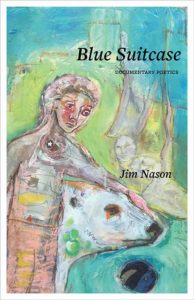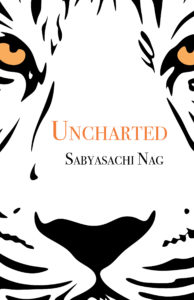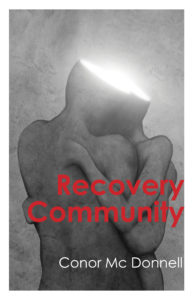Celebrated Halifax poet Sue Goyette, whose marvellous book Ocean has been shortlisted for the 2014 Griffin Poetry Prize, recently read at Ottawa’s VerseFest with David W. McFadden. Dave, of course, took last year’s Canadian Griffin for his collection What’s the Score? and is currently launching Shouting Your Name Down The Well: Tankas and Haiku (both titles from Mansfield Press).
Sue had this to say in her weekly column in the newsletter for the Writers’ Federation of Nova Scotia, and she was happy to share it with us, and allow us to share it here. Thanks so much, Sue!
I want to tell you about a poet I read with last week at a poetry festival in Ottawa. David McFadden was diagnosed a couple of years ago with logopenic aphasia (a form of Alzheimer’s disease) and is forgetting his words. He brought a binder to the podium filled with his poems as well as a script he could read introducing the poems because thinking up words on the spot has become a problem. In this way, he invited the audience to participate in the reading in a way I hadn’t encountered at a poetry reading before.
We sometimes waited for him to sound out words before saying them, which he did with such honeyed delight: not house, he would exclaim after reading a line but horse! The poem reshuffling this new noun. We were invited to witness and then participate in his delight, the flourish he’d make with his hand when he finished a poem without a hitch, the surprise and — here’s when there’s no proper word for the expression on his face (delight, homecoming, curiosity, agreement all mixed up with a bashful humility and a little composure) — when we laughed at the poem ruffling its fur then settling into the animal it was originally meant to be. Which delighted McFadden even more, if that is possible, and there we were at a poetry reading volleying the best kind of humanity back and forth like a beach ball, the poems all duck feet and startled at finding themselves out of their water, splayed and so compelling, with all of us gawking.
That was one side of the performance but, more bravely, the other was a man in his mid-seventies persisting and showing us a little something about dignity and community. There were greenhouses on the outskirts of the town I grew up in and the light they gave off was an integral part of the landscape, blushing the sky with a steadiness of flowers and their glow. McFadden’s reading gave off a glow like that and we found ourselves seriously in each other’s company celebrating someone courageous enough to let us see what forgetting looks like. And that his partner [Merlin Homer] sat in the second row, an anchor he’d use to realign himself, made the delight all the more palpable. Look what I’m getting away with, he’d grin at her.
When we applauded, sure we clapped for the poems and for the poet, but we also clapped for the real human of him, how he, in believing we were good enough to welcome him, made us worthy of the welcoming. He showed us it can look and feel this good and, in this way, made a path of sorts, that we may, one day, need. Potent. And righteous. Happy National Poetry Month indeed. — Sue Goyette




























